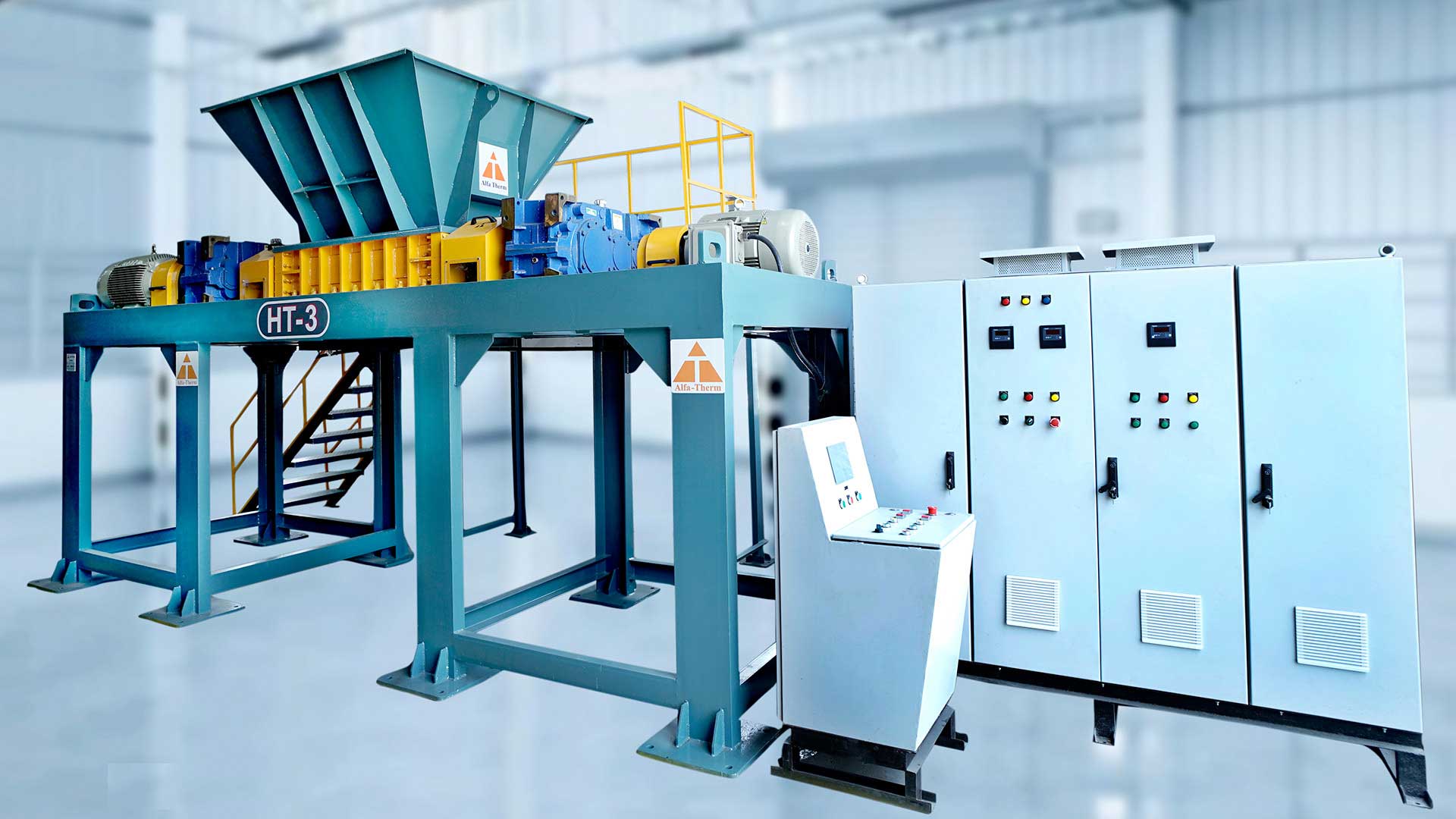In today's rapidly advancing industrial landscape, the efficient management of waste has become a critical concern. With environmental consciousness on the rise and regulations tightening, industries are seeking innovative solutions to handle various types of waste effectively. Among the arsenal of waste management tools, industrial shredders stand out as powerful and versatile machines capable of transforming bulky, cumbersome waste into manageable particles. In this article, we delve into the world of industrial shredders, exploring their applications, benefits, and the pivotal role they play in modern waste management systems.
The Versatility of Industrial Shredders
Industrial shredders come in various forms, each designed to tackle specific types of waste with precision and efficiency. Here are some common types:
1. Industrial Waste Shredders:
These heavy-duty machines are engineered to shred a wide range of industrial waste materials, including plastics, textiles, wood, rubber, and more. They can handle large volumes of waste, reducing it to smaller, more manageable pieces for disposal or recycling.
2. Metal Shredders:
Metal shredders are specialized machines designed to shred scrap metal into small fragments. From steel and aluminum to copper and brass, these shredders can process different types of metal with ease. Metal shredding not only facilitates recycling but also helps industries recover valuable materials for reuse, reducing the need for raw metal extraction.
3. MSW (Municipal Solid Waste) Shredders:
MSW shredders are tailored for the efficient processing of mixed solid waste typically generated by households, businesses, and institutions. These shredders can handle a diverse array of materials, including paper, cardboard, plastics, glass, and organic waste. By shredding MSW, these machines facilitate waste sorting and recycling efforts, diverting significant volumes of waste from landfills.
Applications Across Industries
Industrial shredders find applications across a wide spectrum of industries, including:
Manufacturing: Shredders play a crucial role in managing industrial waste generated during production processes, such as excess packaging materials, defective products, and scrap materials.
Recycling Facilities: Shredders are integral to recycling operations, where they help break down recyclable materials into smaller pieces for sorting, processing, and remanufacturing.
Waste Management: Municipalities and waste management companies utilize shredders to process household and commercial waste efficiently, minimizing landfill volumes and maximizing resource recovery.
Scrap Yards: Metal shredders are indispensable in scrap yards, where they process end-of-life vehicles, appliances, and other metal goods for recycling.
Benefits of Industrial Shredders
The widespread adoption of industrial shredders is driven by several compelling benefits, including:
Volume Reduction: Shredders significantly reduce the volume of waste, making it more manageable for transportation, storage, and disposal.
Resource Recovery: By shredding waste materials, valuable resources such as metals, plastics, and paper can be recovered and recycled, promoting sustainability and circular economy principles.
Cost Savings: Efficient waste management with shredders can lead to cost savings by minimizing disposal costs, reducing landfill fees, and optimizing recycling processes.
Environmental Protection: Shredders aid in reducing greenhouse gas emissions associated with landfilling while conserving natural resources through recycling.
Conclusion
Industrial shredders are indispensable tools in the modern waste management toolkit, offering a versatile and efficient solution for processing various types of waste materials. From industrial facilities to recycling centers and municipal waste management systems, these machines play a pivotal role in minimizing waste volumes, recovering valuable resources, and promoting environmental sustainability. As industries continue to prioritize waste reduction and recycling efforts, the importance of industrial shredders in driving these initiatives is poised to grow, shaping a more sustainable future for generations to come.




